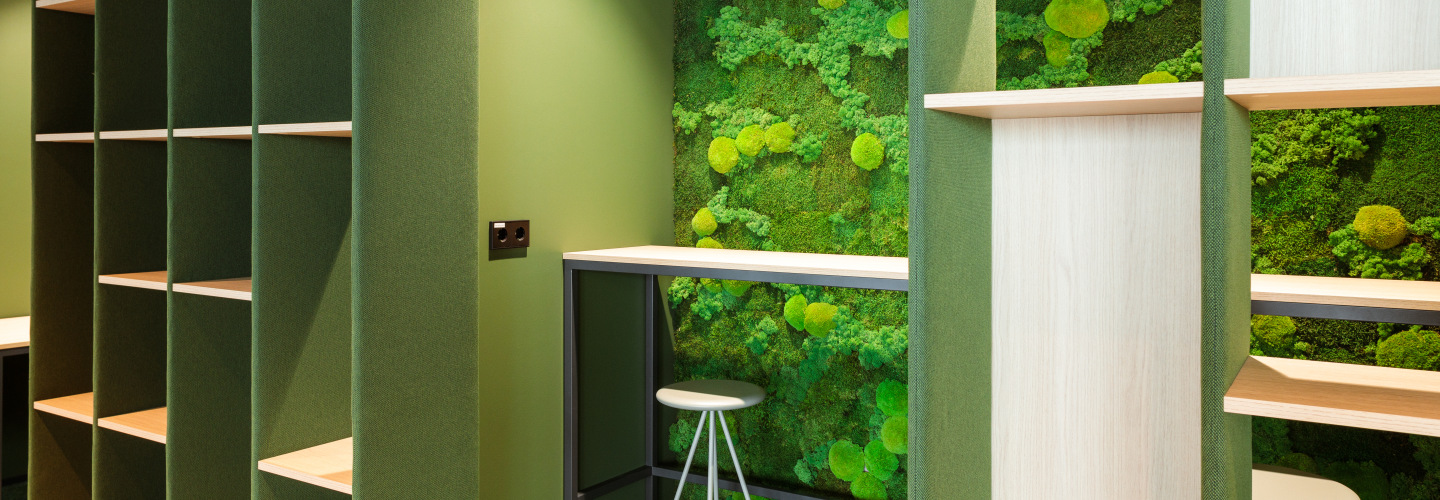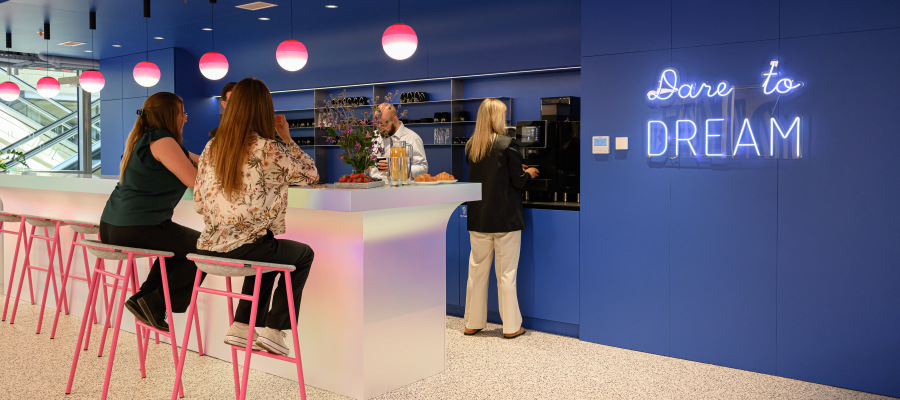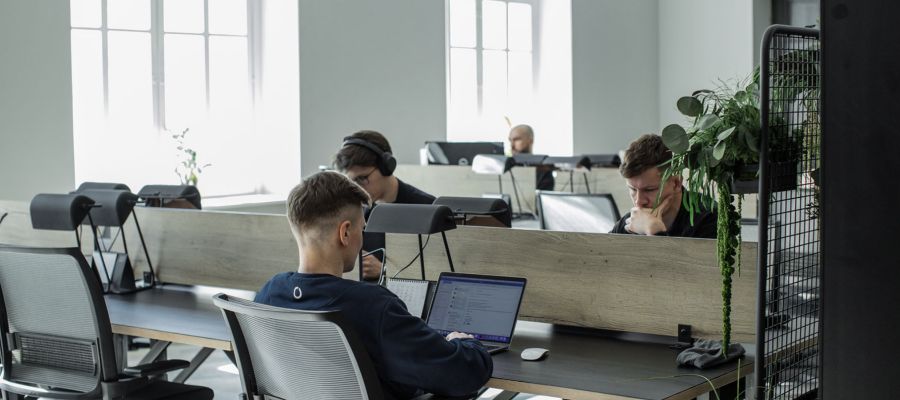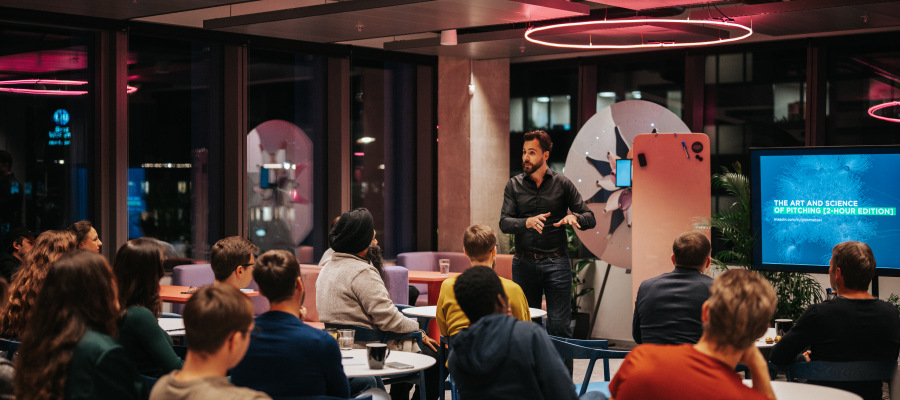Sustainability in the office environment does not necessarily mean large investments or complex processes. As noted by Ieva Kazakevičiūtė, co-founder of Sustain Academy – an organization created to provide professionals with holistic, up-to-date, and practical knowledge about sustainability and help them integrate it into their workplaces – the journey can start with small, everyday actions that gradually shape a more responsible work culture. “If you aim to move towards more sustainable practices in the office, it is worth starting with simple steps that form daily habits,” says the expert.
Saving energy in everyday life
One of the simplest yet most effective habits is turning off lights or devices when not in use. “Even when switched off, devices left plugged into the power grid consume energy,” reminds the specialist. Therefore, it is recommended to unplug devices at the end of the workday or ensure they automatically switch to standby mode.
Simple habits to adopt in our offices:
When going to lunch or finishing work, if you are not charging your devices – unplug them from sockets.
When leaving a room without automatic lighting controls – switch off the light.
Reducing food waste
Food waste is another area where we can show more awareness. “If there are larger leftovers after events or products approaching their expiration date, they can be donated to the Food Bank or other organizations. This practice not only helps reduce waste but also becomes part of social responsibility,” comments Ieva Kazakevičiūtė.
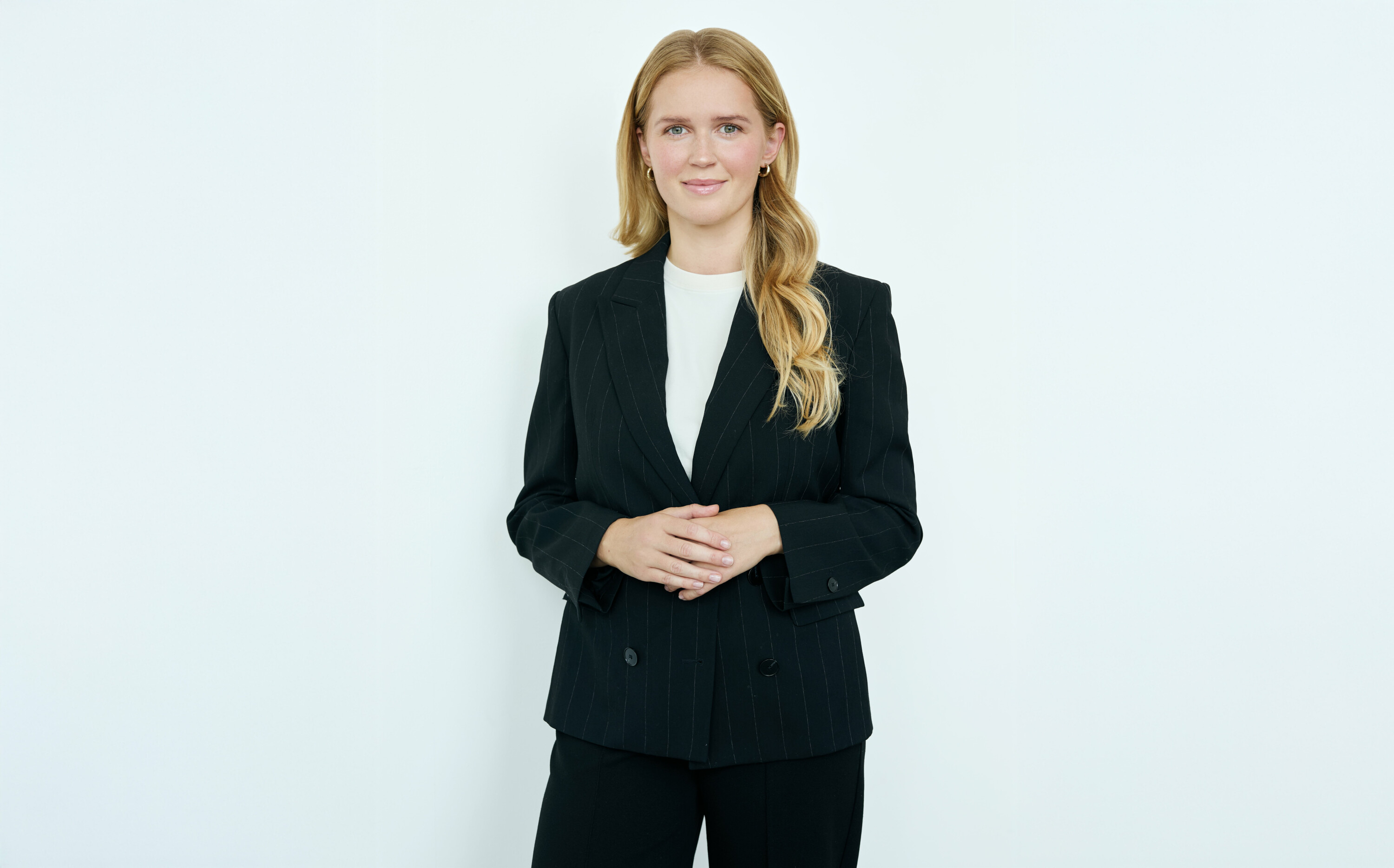
Of course, prevention is just as important – rationally assess how much food or drink you plan to consume. For example, if you know you won’t drink a full cup of coffee – pour half. Even such small decisions contribute to reduced consumption and, in turn, less pollution.
Daily choices that matter:
Remember that food leftovers you plan to eat later can be stored in refrigerators located in our shared kitchens (important – we maintain order in the refrigerators, so food left for more than a few days is discarded for hygiene reasons).
When drinking tea or coffee, fill your cup with only as much as you plan to drink to avoid pouring out the excess later.
Saving water
Another important aspect of sustainability is efficient water use. While a glass of water or a cup of tea may not seem significant, hundreds of such choices daily make a real difference. An interesting fact: heating water for tea in a coffee machine consumes less energy than using an electric kettle. And if you do use a kettle – boiling only the amount needed for one cup contributes to both energy and water savings. This is a simple habit that reduces environmental impact every day.
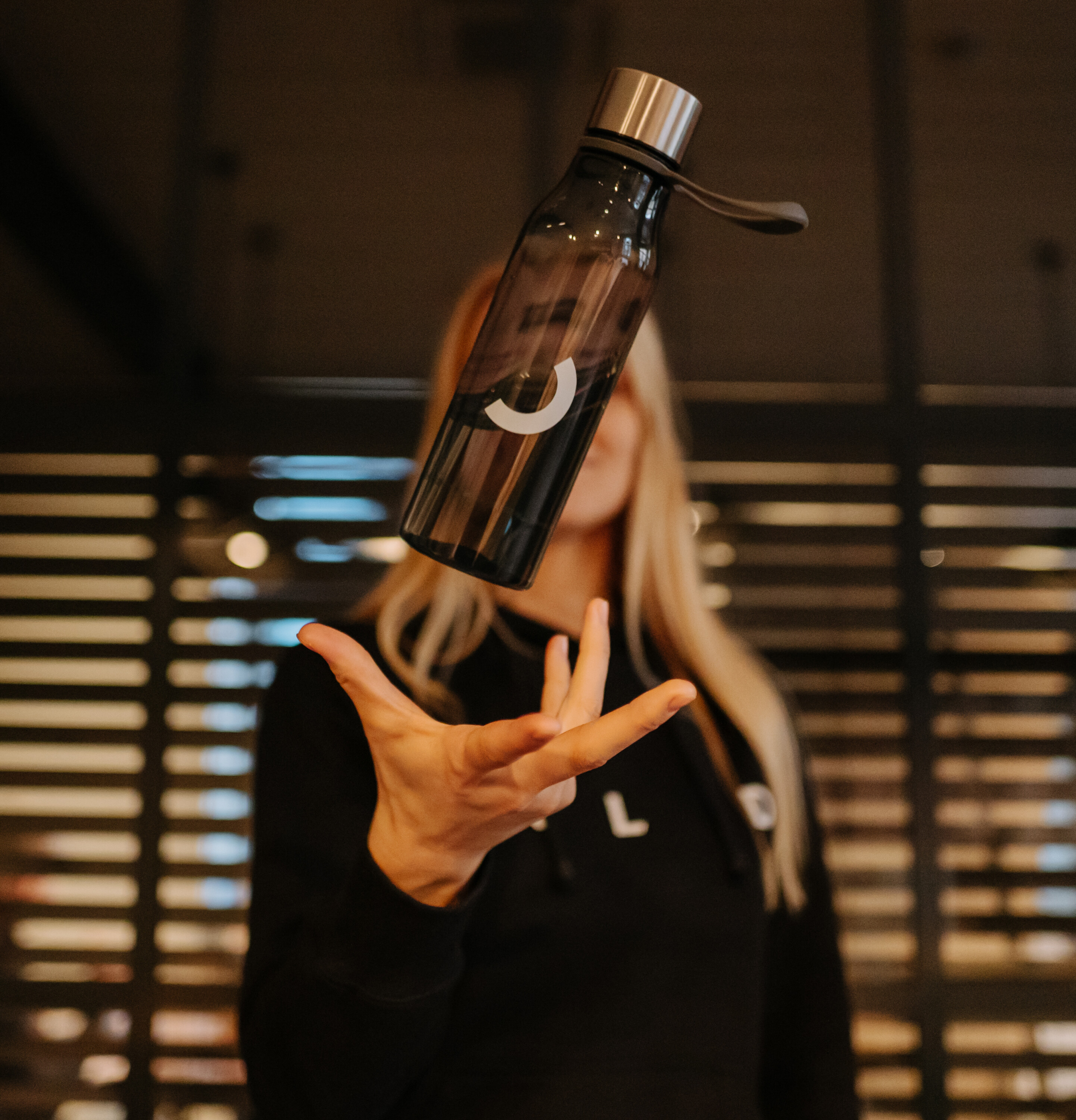
Conscious supplier choices
As the specialist emphasizes, sustainability is not only about internal habits but also about conscious supplier choices. “It is worth choosing companies that offer recyclable, less packaged, or more durable products. In the electricity sector, more and more companies allow the choice of green energy produced from renewable sources.”
Reducing plastic use
To take an even more meaningful step, Ieva Kazakevičiūtė suggests conducting a plastic use audit or introducing an office plastic policy. “An audit helps clearly identify where the most plastic is consumed, and even a symbolic plastic policy sends an important signal – it shows both members of the coworking space and partners that reducing plastic is an integral part of the organization’s values,” she shares.
Such guidelines do not necessarily have to be a complex document – sometimes a one-page description or even a visual infographic is enough. Later, this can grow into a broader waste reduction or general sustainability policy.
Everyday actions for our community:
Sort, sort, sort – this year we removed individual office bins and invited our community to sort waste in shared spaces. Clearly marked containers not only make sorting easier but also remind us that every small action matters. This change has not only reduced total waste but also encouraged members to take more responsibility for their daily habits.
We noticed that the largest share of plastic waste in our centres comes from single-use food containers. We encourage you to use the benefits of our fully equipped kitchens – bring your meals or snacks in reusable containers, heat them, wash containers easily in the dishwasher or sink, and use the dishes and utensils available in Workland kitchens.
Say no to single-use plastic bottles – in all Workland centres you’ll find clean drinking water. Use the glasses in our kitchens or your own refillable bottles – a habit that’s both sustainable and healthier!
Be mindful with dishes — using several cups a day means more water, electricity, and detergent for cleaning. Maybe your cup needs just a quick rinse before your next drink? When you’re done, return it to the dishwasher so it’s ready for the next colleague. Sharing is caring, right?

Transport and mobility
Sustainability can be created not only inside the office but also in how we travel to it. We encourage choosing environmentally friendly alternatives: bicycles, scooters, public transport, or electric cars. Many Workland centres offer bicycle storage and EV charging stations, making sustainable commuting more convenient. And sometimes it’s worth choosing the simple option – taking the stairs instead of the elevator. This not only saves energy but also adds a small daily workout.
Responsible space use
Another important part of sustainability is space use. A significant share of Workland centres are established in old, historical buildings, giving them new life. When updating interiors, we strive to use recycled or refurbished materials, and the very concept of Workland is based on the principle of sharing – this allows resources to be used more efficiently while creating modern, sustainable work environments.

Health and well-being – an integral part of sustainability
Sustainability is not only about the environment but also about the health and well-being of people in the workplace. Across Workland centres, we aim to provide conditions that support both – whether it’s maximising natural light where possible, adding greenery to improve the atmosphere, or offering ergonomic furniture to make working more comfortable. All these elements contribute to creating healthier, more inspiring workspaces.
“Houseplants – such as ivy, ficus, spider plant, dracaena, or parlor palm – not only purify the air but also create a cozier, healthier environment,” adds I. Kazakevičiūtė. A simple solution that has a big impact on emotional well-being.
-(7).png)
We are proud that the Workland concept of fully serviced offices and coworking spaces is based on the principle of sharing, which automatically reduces resource use. What’s more – we unite a responsible and inspiring community of professionals who every day foster spaces and traditions that embrace sustainability. Sustainability at Workland is not just about separate initiatives – it is a consistent direction that becomes part of community culture. Because every step, even the smallest, together creates a big impact on our environment. We invite every Workland member to become a sustainability ambassador and inspire colleagues by leading through example!

